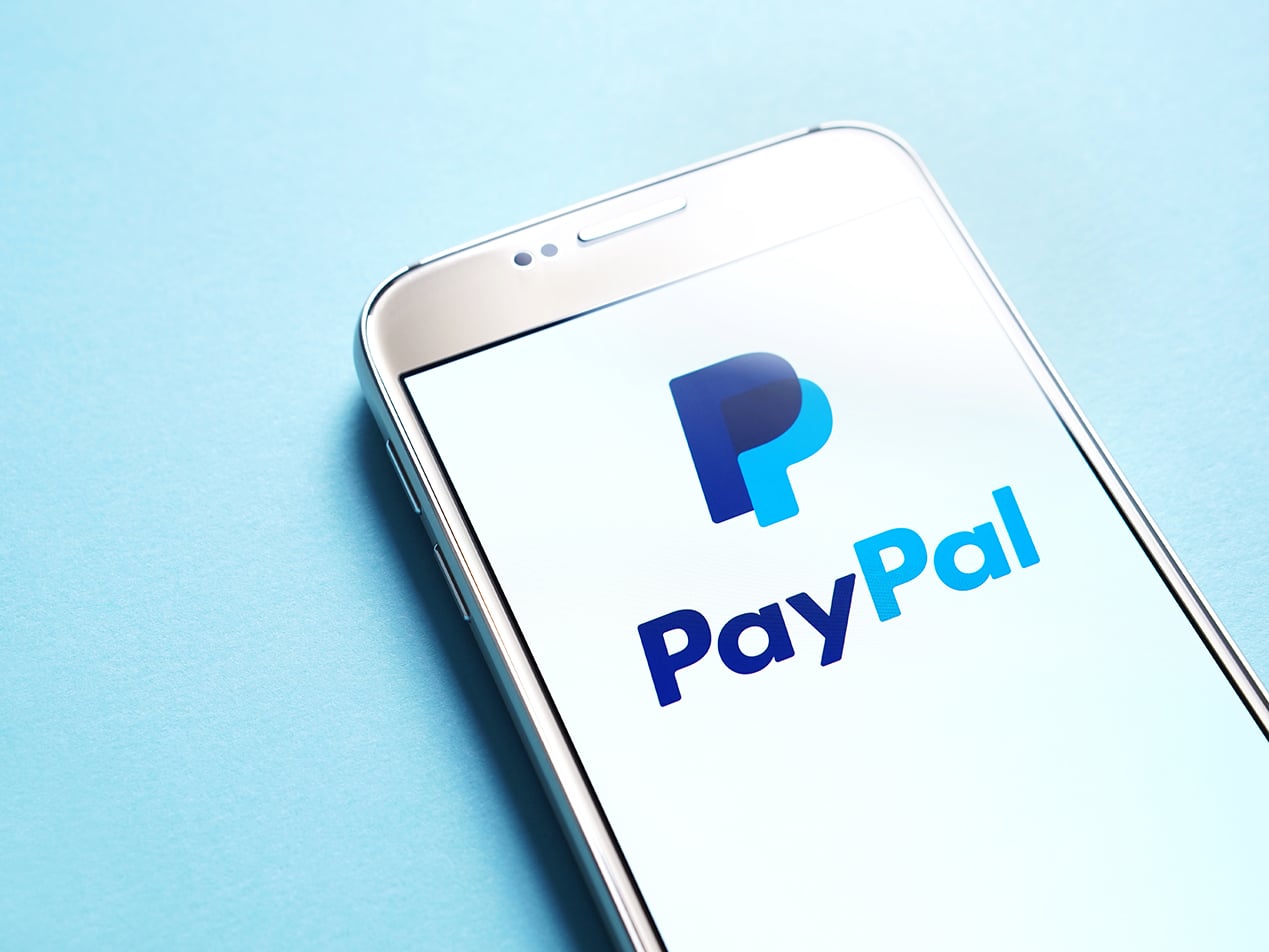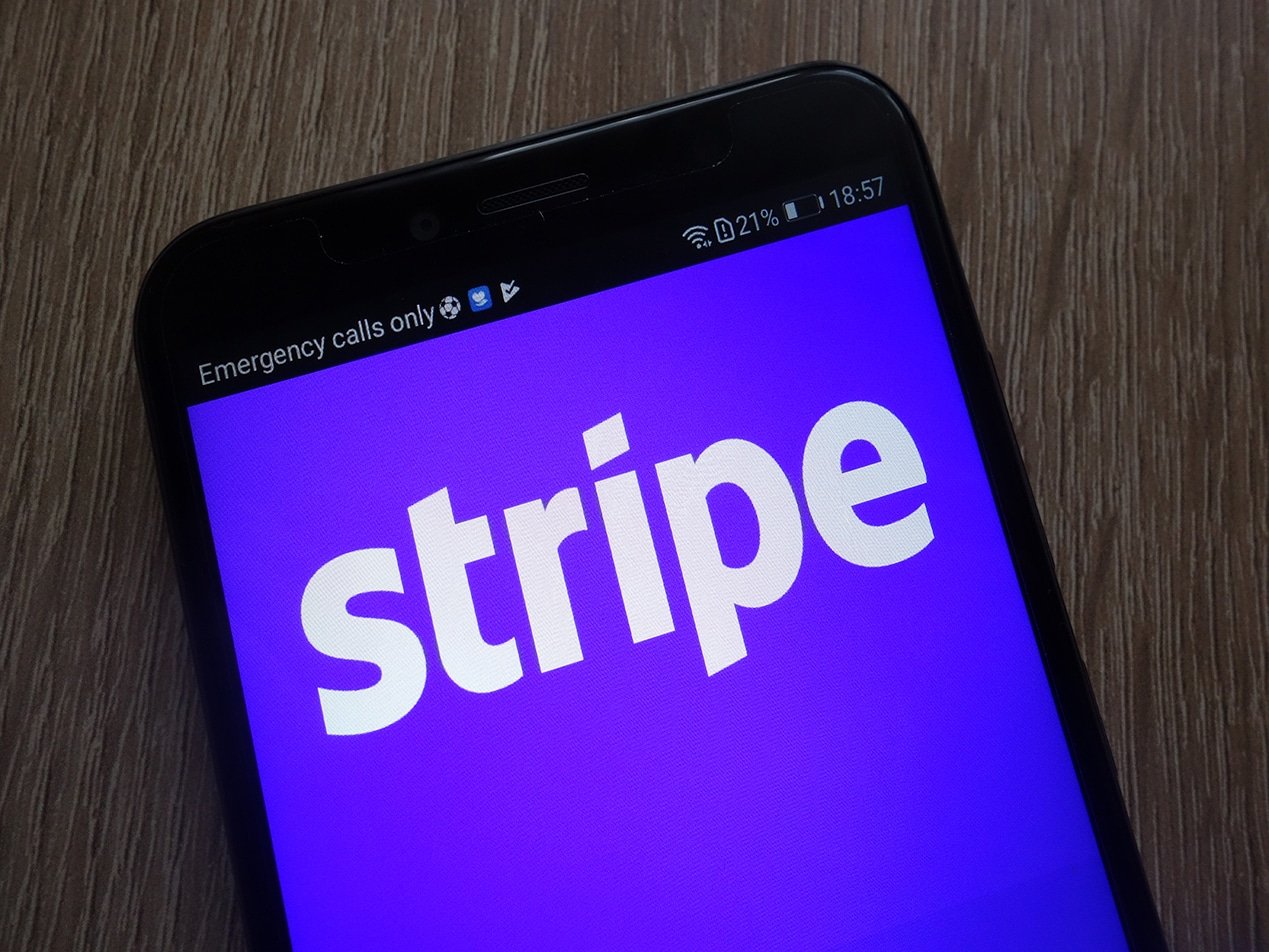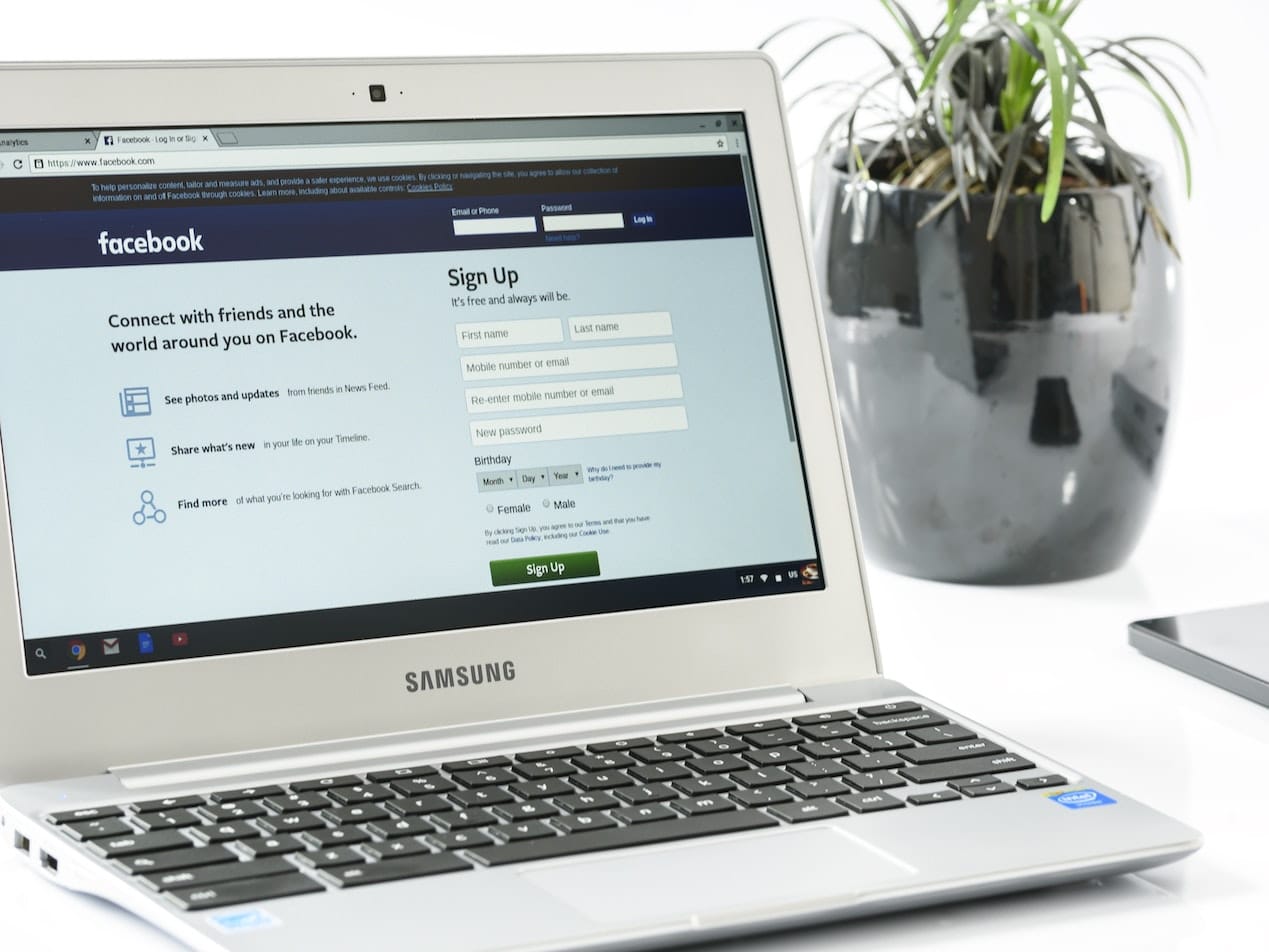
HIPAA (the Health Insurance Portability and Accountability Act of 1996) is U.S. legislation created to improve healthcare standards. Covered entities (CEs) and their business associates (BAs) must be HIPAA compliant to protect the rights and privacy of patients and their protected health information (PHI). We know the HIPAA industry is vast and that finding a BA to send or receive secure patient payments is fundamental to patient care. This is especially true with the recent growth of telehealth and the need to receive payments electronically.
RELATED: Historic Expansions of Telehealth to Combat COVID-19 Today, we will determine if PayPal as a financial institution is HIPAA compliant or not.
RELATED: Guide to Online Payment Options & HIPAA Compliance
About PayPal
PayPal is an online financial institution founded in December 1998. As an open digital payment platform, PayPal connects people worldwide by offering flexibility when sending and/or receiving payments. In fact, with around 300 million active users, PayPal is one of the most popular online payment providers.
PayPal and the business associate agreement
A BA is a person or entity that performs certain functions or activities that involves the use or disclosure of PHI on behalf of a CE. Generally, the HIPAA Privacy Rule allows CEs to disclose PHI to a BA if they receive assurance that the information is protected through a signed business associate agreement (BAA). However, several exceptions were built into the privacy rule including one addressing financial institutions:. . . a financial institution processes consumer-conducted financial transactions by debit, credit, or other payment card, clears checks, initiates or processes electronic funds transfers, or conducts any other activity that directly facilitates or effects the transfer of funds for payment for health care or health plan premiums. When it conducts these activities, the financial institution is providing its normal banking or other financial transaction services to its customers; it is not performing a function or activity for, or on behalf of, the covered entity.
Nevertheless, for complete protection, a CE should utilize a financial institution that will offer and sign a BAA. There is no mention of a BAA anywhere on the PayPal website. A message from the PayPal community addressed this without a helpful solution, one member stating, “Unless you signed a [BAA] with paypal [sic], which I’m sure they don’t offer, paypal is not HIPAA compliant.”
PayPal and user information
Similar to other companies today, PayPal collects user data and sells it to advertisers. In 2016, then Head of Data Technology, Adam Christensen, stated:By applying advanced analytics to big data, PayPal is able to present relevant offers from merchants to consumers— such as discounts when using PayPal as payment. These customized offers, based on algorithms using past-purchase history, are presented in-context, both online and in-app, driving higher transaction volume for merchants while enabling consumers to get more value from their purchase (like saving money!).
Knowing that a payment processor may sell user information should make a CE insist on a BAA at all times, even given the HIPAA Privacy Rule exception. And according to HIPAA, any information that can identify a patient and is used or disclosed during care can be considered PHI, including a patient’s name, which is used for financial transactions.
Is PayPal HIPAA compliant?
The BAA is a key component of HIPAA compliance, and PayPal does not appear to offer a BAA. Furthermore, PayPal openly collects and sells user data, some of which could be considered PHI. And if a breach or HIPAA violation occurs, the CE is liable. RELATED: Paypal confirms users may have been affected by security breach Conclusion PayPal is not HIPAA compliant.
Subscribe to Paubox Weekly
Every Friday we bring you the most important news from Paubox. Our aim is to make you smarter, faster.




